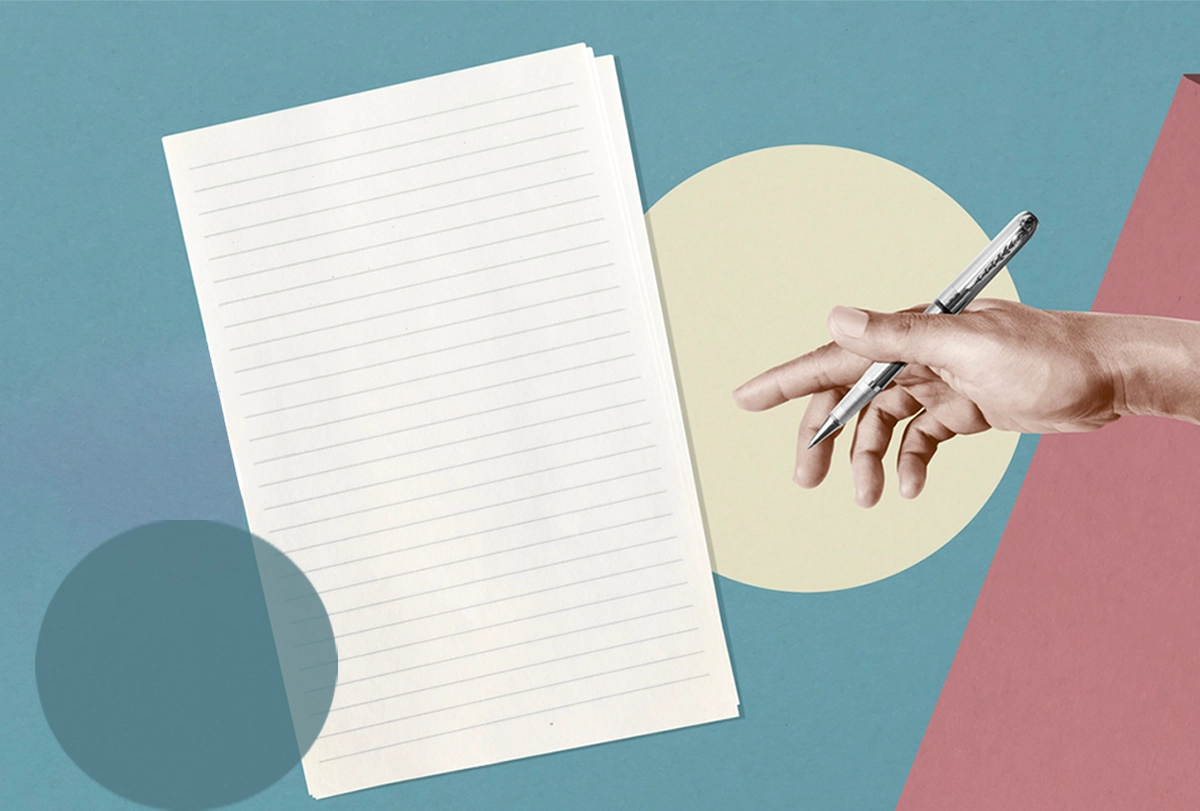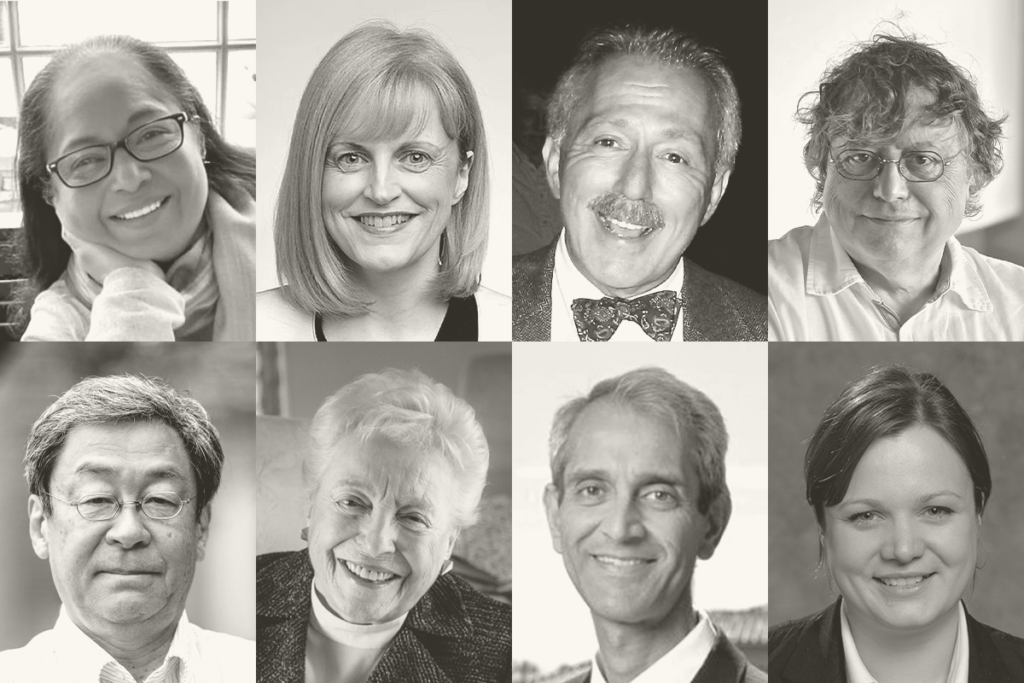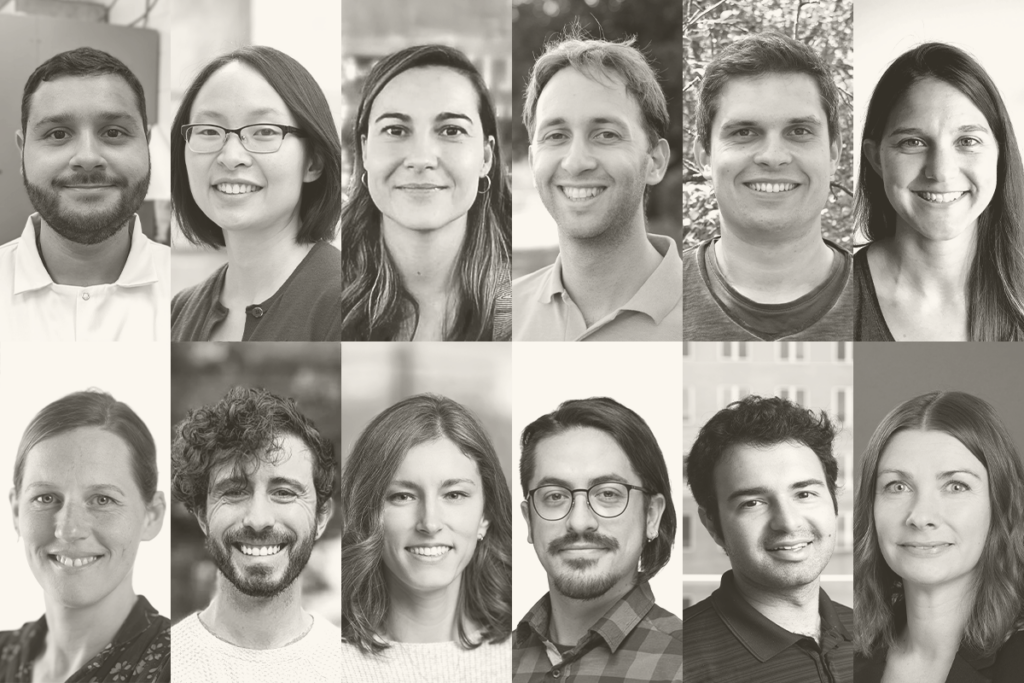More than 100 neuroimaging and other imaging researchers have signed a statement shared with the leadership of UK Biobank—a dataset with health information from 500,000 people in the United Kingdom—in protest of the organization’s switch from a data-download to cloud-only access model earlier this month, The Transmitter has learned.
The switch is not tenable for imaging research, the signatories argue, because analyses on the cloud platform cost up to 10 times more than on institutional computing networks and the platform is “technically too limited” to use on imaging data. “Making it available for people is one thing, forcing everyone to use it is an entirely different issue,” says Alan Evans, professor of neurology/neurosurgery and psychiatry at McGill University and one of the signatories. “People are being railroaded onto the [cloud] system when they have themselves better solutions already in place that have cost them millions.”
Until the financial and technical barriers are addressed, the group asks that the UK Biobank exempt all researchers working with bulk imaging data from the cloud-only rule.
“A major group of the neuroimaging community has asked the UK Biobank leadership to discuss privately, and respectfully to reconsider the decision they made. But the response has been so far unresponsive” to that request, says Franco Pestilli, associate professor of psychology at the University of Texas at Austin and one of the signatories. “We are not giving up but continue to engage with the leadership team.”
One of the signatories sent the 12-page letter on 11 July and received a reply on 18 July, Evans and Pestilli say. The Transmitter obtained the researchers’ statement on 18 July through an anonymous person on social media.
The reply was a “straight-bat response. There was no acknowledgement of the realities of what this means, which were laid out in gory detail in the letter we wrote,” Evans says. “What is absolutely essential is a proper, good-faith discussion between representatives of the signatories of the letter and leadership of the UK Biobank.”
Instead, the response letter—which was reviewed by The Transmitter—reiterated previous points the organization made on its website, Evans says: Researchers can apply for a data-download exemption or additional computing credits to offset any difficulties associated with the switch.
“We have been engaging with researchers, including the imaging community, since we launched our platform in 2021,” Mark Effingham, deputy CEO of the UK Biobank, said in a statement to The Transmitter. “We were sent the letter by one of the authors and have already discussed with them how we are very open to understanding concerns, and how we can best address them. Our Imaging Expert Working Group is meeting to discuss the points in detail and our Access Committee’s next meeting will focus on grounds for exemptions as set out in the original announcement. Between these groups, and our planned platform developments, we are confident that we can support the imaging community to continue making important scientific advances.”
Both group meetings are currently being arranged; the organization hopes to hold them in the next few weeks, according to a UK Biobank press representative.
T
he researchers “are disappointed” that the UK Biobank did not garner feedback from the imaging community about the switch ahead of time, according to the statement. “They changed the rules of the game midway,” says Demian Wassermann, research professor at INRIA Saclay-Île-de-France and one of the statement signatories.The UK Biobank “is rapidly building up a bad reputation amongst researchers,” according to the statement. “The perception that UKB may continue to make major, sudden, deleterious decisions without consulting or warning researchers, leads to concerns that planning to work with UKB data is inherently risky: Researchers are concerned that they may find themselves locked out of the resource, either explicitly or in practice, and that major efforts and resources will have been wasted.”
The dataset has become a successful community resource, which brings an added element of responsibility to the people who run it, says Maryann Martone, professor emerita of neuroscience at the University of California, San Diego: The organization should not spring changes on its user with little notice. “To me, that violated the trust that the community put into it,” Martone says. “They should not have done this overnight—not unless this was a crisis.”






